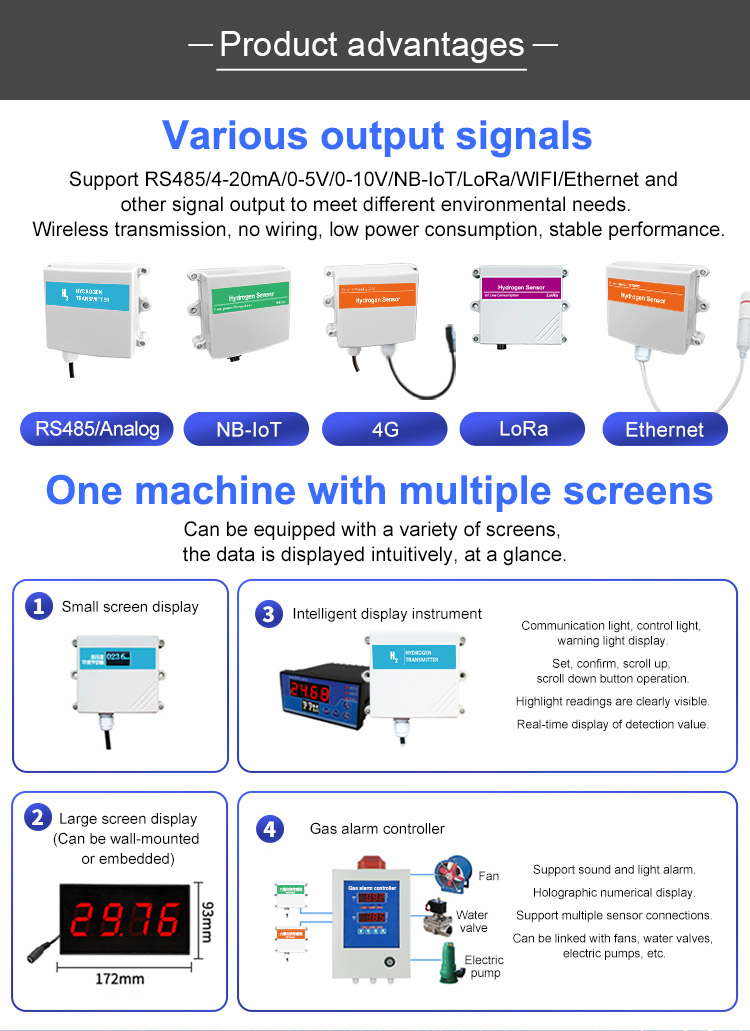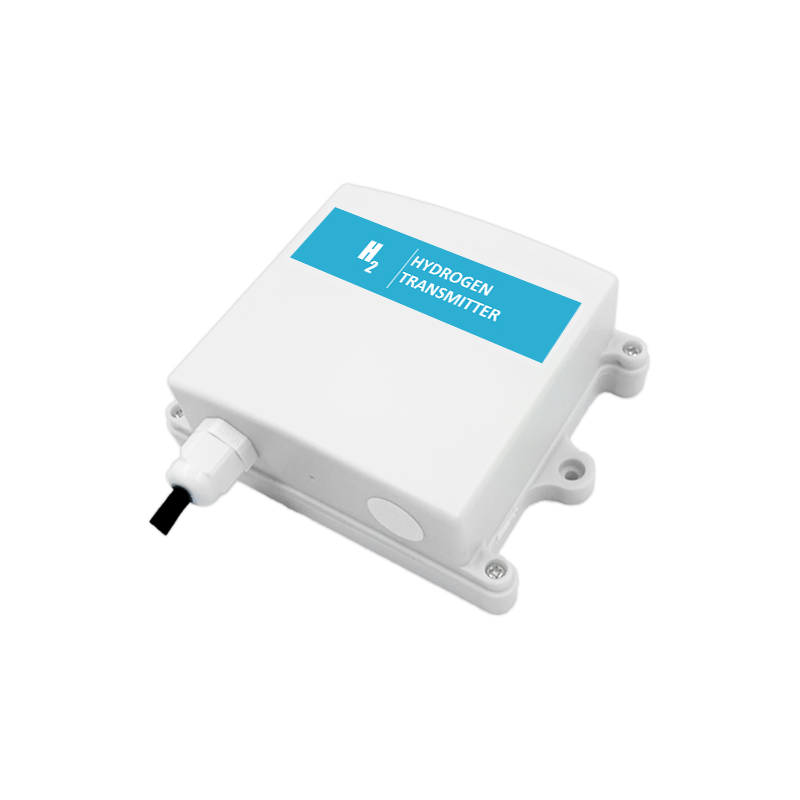Hydrogen sensor play a vital role in various industries by detecting the presence of hydrogen gas, ensuring safety and enabling sustainable applications. This article explores the latest advancements in hydrogen sensor technology, highlighting their significance in facilitating the widespread adoption of hydrogen as an alternative energy source.

The Working Principle of Hydrogen Sensors:
Hydrogen sensor operate based on the principle of detecting changes in electrical conductivity or optical properties when exposed to hydrogen gas. These sensors employ various mechanisms, including metal oxide-based, palladium alloy-based, and solid-state sensors, each with its specific working principles and levels of sensitivity.
Metal Oxide-Based Hydrogen Sensors:

Metal oxide-based hydrogen sensor rely on the change in electrical conductivity of a metal oxide material when exposed to hydrogen gas. They offer high sensitivity and selectivity, making them suitable for detecting low concentrations of hydrogen. However, these sensors often require elevated operating temperatures for optimal performance.
Palladium Alloy-Based Hydrogen Sensors:
Palladium alloy-based sensors utilize the unique property of palladium to absorb hydrogen atoms, causing physical expansion and resulting in changes in resistance. These sensors exhibit excellent sensitivity even at room temperature and are widely used in various applications. However, they can be susceptible to poisoning by certain contaminants, affecting their performance.
Solid-State Hydrogen Sensors:
Solid-state hydrogen sensors employ various materials, such as metal hydrides or semiconductors, to detect hydrogen gas. These sensors offer high sensitivity, fast response times, and good stability. Additionally, solid-state sensors can operate at lower temperatures, making them energy-efficient and suitable for portable applications.
Applications in Various Industries:
Hydrogen sensor find extensive applications across different industries. In the automotive sector, they are crucial for monitoring hydrogen leaks in fuel cell vehicles, ensuring safety during hydrogen storage and transportation. Hydrogen sensors are also crucial in industrial environments. In the industrial environment, the process of hydrogen in a variety of use, for example, hydrogen in the chemical industry. Furthermore, hydrogen sensors play a pivotal role in hydrogen fueling stations, where they ensure safe and efficient refueling of hydrogen-powered vehicles.
Advancements and Future Trends:
Recent advancements in hydrogen sensor technology aim to enhance sensitivity, selectivity, and reliabilitPeople are working hard to develop new materials and manufacturing technology, in order to improve the performance of metal oxide sensors and durability.The palladium alloy sensor is working to extend its service life. Additionally, solid-state sensors are undergoing advancements to further enhance their sensitivity and stability for broader practical applications.
Conclusion:
Hydrogen sensors are crucial components in ensuring safety and enabling sustainable applications of hydrogen gas. The choice of sensor type depends on factors like sensitivity, operating temperature, and resistance to contaminants. Ongoing research and development in hydrogen sensor technology are expected to drive further improvements, making hydrogen a safer and widely adopted energy source. By providing accurate and reliable detection of hydrogen gas, these sensors contribute to the advancement of a cleaner and greener future.
